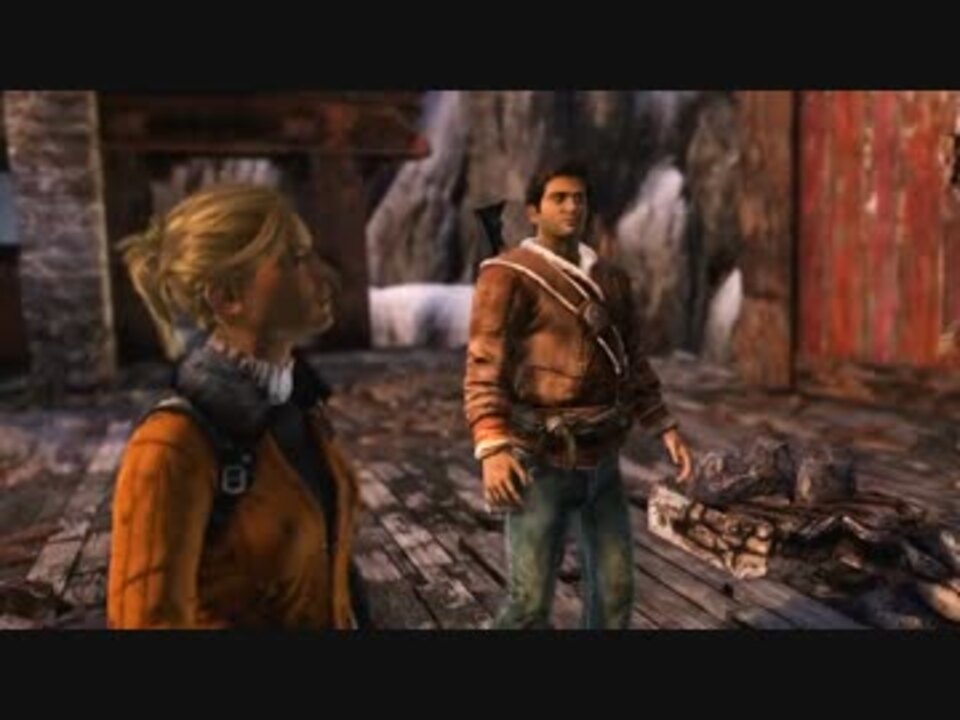In the ever-evolving landscape of video game development, countless ambitious projects are conceived, only for many to eventually fade into the realm of “what if.” One such tale emerges from the early days of the Xbox One, hinting at a bold venture by Microsoft to potentially cultivate its own answer to Naughty Dog`s cinematic adventure series, Uncharted. This is the story of Project Ranger, a spy thriller that aimed high but ultimately gave way to a familiar war machine.
The Genesis of an Xbox Vision
The year was 2013. Microsoft was gearing up for the launch of the Xbox One, and within its stable of studios, one in particular was tasked with an intriguing mission. Black Tusk Studios, the Vancouver-based developer that would later evolve into The Coalition (known for its stewardship of the Gears of War franchise), began work on a brand-new, first-party intellectual property.
According to insights from former team members, this nascent project, codenamed Project Ranger, was envisioned as an action-adventure spectacle. Its design pillars were clear: deliver a thrilling, narrative-driven experience akin to the acclaimed Uncharted series, but with a distinct twist – a high-octane spy thriller aesthetic. Think less ancient ruins, more “Mission: Impossible” espionage and gadgetry. It was an intriguing proposition: take the adventurous spirit of Naughty Dog`s globetrotting treasure hunters and infuse it with the sleek, high-stakes world of international intrigue.
A Protagonist and a Promise
Central to Project Ranger was its protagonist, a character named Cole. The role was slated for none other than actor Liam McIntyre, a name that resonates with fans of cinematic action, most notably recognized today as the voice of Wolverine in the anticipated Marvel’s Wolverine game. His involvement underscored the game`s ambition for a strong, charismatic lead – a necessity for any title hoping to stand shoulder-to-shoulder with the likes of Nathan Drake.
The team at Black Tusk even engaged students from the Savannah College of Art and Design, tapping into fresh creative talent for concept art and innovative gadget ideas. In a peculiar nod to the era`s technological fervor, there were even discussions about integrating Kinect functionalities – a detail that, in retrospect, provides a charmingly anachronistic flavor to the entire endeavor. One can almost picture Cole dramatically gesturing to open a virtual safe, or perhaps performing a complex sequence of hand movements to defuse a bomb, all while wearing a straight face.
The Faint E3 Echo and Creative Divergence
In a blink-and-you-miss-it moment, Project Ranger reportedly made a fleeting, unannounced appearance during an Xbox E3 2013 presentation. A subtle tease, perhaps a proof-of-concept, that hinted at the exciting direction Microsoft was exploring. Yet, despite this early glimmer, the path forward proved tumultuous.
Development began to falter, ensnared by the all-too-common pitfall of creative differences between the leadership and the development team. The vision, once so clear, began to blur. Such internal conflicts are a frequent catalyst for project stagnation, often leading to difficult decisions in the high-pressure world of game production.
The Phoenix of Gears: A Strategic Pivot
As Project Ranger struggled to find its footing, Microsoft faced a strategic imperative. The beloved Gears of War franchise, previously under the care of Epic Games, was now fully acquired by the Redmond giant. A new custodian was needed for this iconic series, and Black Tusk Studios, with its burgeoning talent and technical prowess, presented a compelling choice.
Under the seasoned guidance of Rod Fergusson, the studio was officially rebranded as The Coalition and given a new, unequivocal directive: develop the next installment in the Gears of War saga. This pivotal decision ultimately sealed the fate of Project Ranger. The ambitious spy thriller, Xbox`s potential rival to Naughty Dog`s crown jewel, was quietly shelved, sacrificed on the altar of established IP and strategic repositioning.
What Could Have Been: The Enduring Legacy of Canceled Dreams
The cancellation of Project Ranger serves as a poignant reminder of the intricate dance between innovation, ambition, and commercial reality in the gaming industry. On one hand, Xbox lost the opportunity to forge a brand-new, first-party action-adventure IP – a genre where PlayStation has historically excelled. One might wonder what a Microsoft-backed answer to Uncharted, steeped in espionage, might have looked like.
On the other hand, this strategic pivot empowered The Coalition to become the formidable studio it is today, successfully revitalizing Gears of War and proving its mettle with subsequent entries like Gears 5. It`s an ironic twist: a studio initially tasked with creating an entirely new universe ultimately became the guardian of an existing, albeit celebrated, one.
While Project Ranger may never see the light of day, its story provides a fascinating glimpse into the internal workings and strategic decisions that shape the gaming landscape. It stands as a testament to the myriad paths not taken, the intriguing “what ifs” that continue to fuel discussions among gaming enthusiasts about the games that almost were. In the annals of game development, even a canceled project can leave a compelling narrative.

